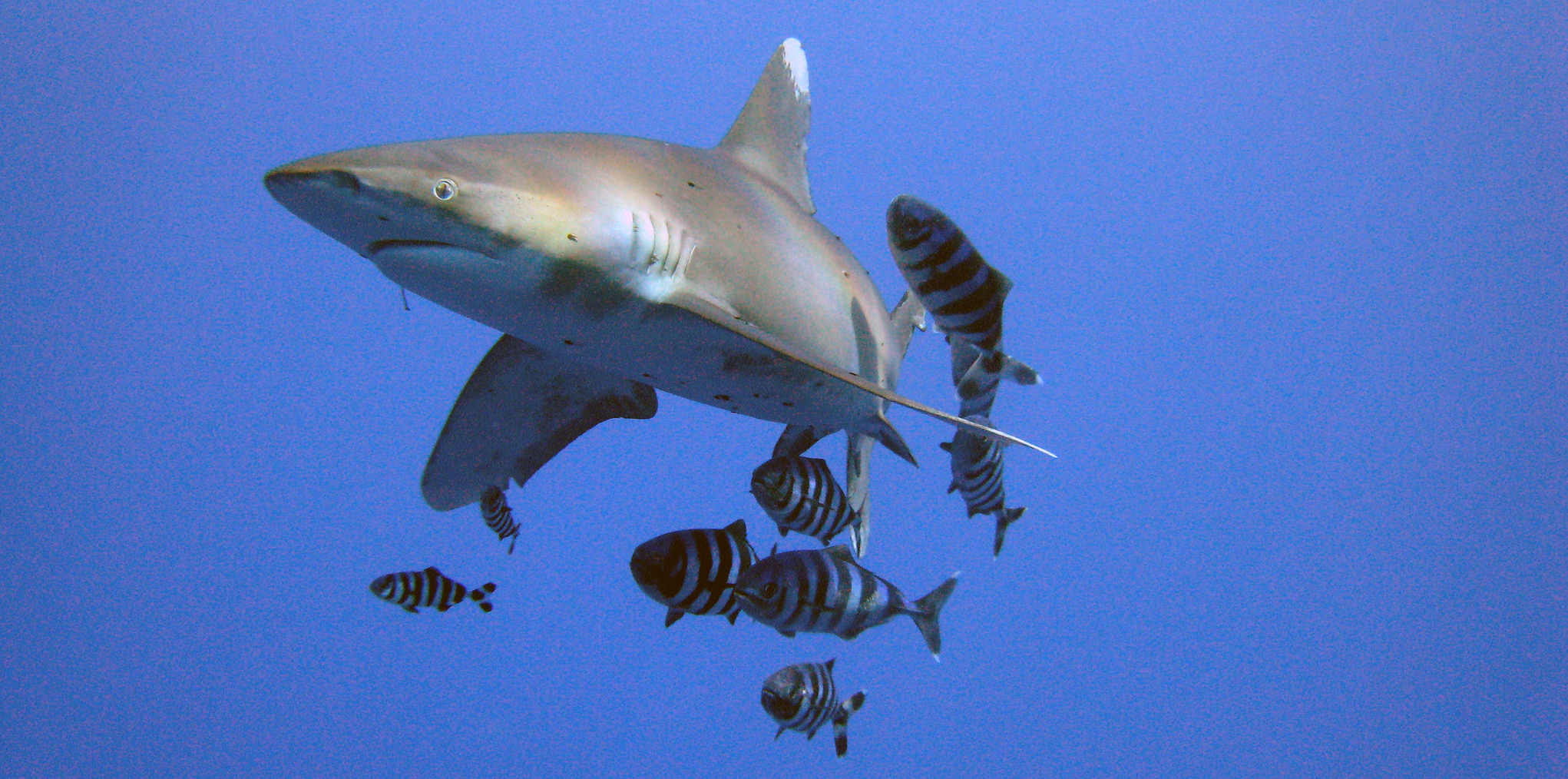GANDHINAGAR (INDIA)- Parties at the 13th meeting of the Conference of the Parties (CoP13) to the Convention on Migratory Species of Wild Animals (CMS) came to an agreement to put in place strict protection measures for a number of threatened species including the Oceanic whitetip shark, as well as the jaguar and Asian elephant.
Governments adopted the Gandhinagar Declaration, intended to input into the negotiations on the adoption of new conservation targets by the Convention on Biological Diversity (CBD), which will have its 15th meeting of the Conference of the Parties in China in October.
Halt the decline of species
The declaration calls on the meeting to set ambitious targets to halt the decline of species, recognise the importance of ecological connectivity and functionality and to set out effective actions to address both direct and indirect drivers of biodiversity loss. Member states however failed to reach a consensus on targets related to protected area coverage and management, and on the links between biodiversity and climate change.
Oceanic whitetip shark
The decision to accord strict protection to Oceanic whitetip shark is warmly welcomed by WWF, according to Andy Cornish, Leader of “Sharks: Restoring the Balance”, WWF’s international shark and ray conservation programme. “The most recent conservation assessment indicates that this species is now critically endangered, with global population down by over 98%, and the Western and Central Pacific Fisheries Commission has highlighted the risk of extinction in that region.”
Biodiversity
The declaration reflects some of WWF’s advocacy asks for the October biodiversity meeting, especially its acknowledgement of the need to address indirect drivers of biodiversity loss, which include food and agricultural systems, finance and economic frameworks, as well as consumption patterns and governance. “Although the Declaration recognises the link between biodiversity and climate change mitigation however – we need to see a step change in ambition as countries look to agree a global framework for biodiversity protection post-2020, particularly at this time when the links between biodiversity and climate change have never been more evident,” says Paul De Ornellas – Chief Advisor, Wildlife – WWF-UK.
Read more in the WWF Press release
Want to know more about this species of shark? Check our Shark Facts.

